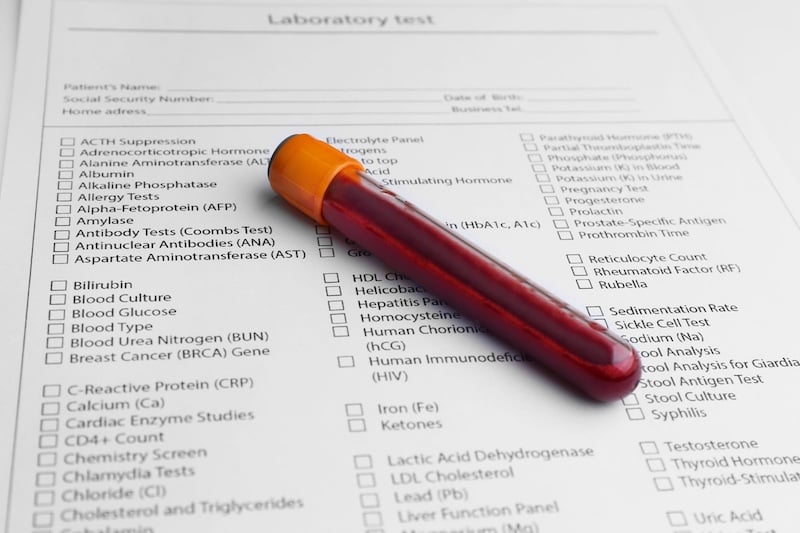Summary:
Guardant Health’s Shield multi-cancer detection (MCD) blood test has received FDA Breakthrough Device designation for its ability to detect multiple cancer types in average-risk individuals aged 45 and older.
Takeaways:
- It was also selected for the National Cancer Institute’s Vanguard Study and showcased promising validation data at ASCO 2025.
- The Shield MCD test is a methylation-based blood test designed to screen for eight cancer types with a single blood draw.
- The test demonstrated strong clinical performance with 98.6% specificity, 75% overall sensitivity, and 92% cancer signal origin accuracy.
Guardant Health, Inc., a precision oncology company, has announced that its Shield multi-cancer detection (MCD) test has been granted Breakthrough Device designation from the U.S. Food and Drug Administration (FDA). The Shield MCD test is a methylation-based blood test for the multi-cancer screening of multiple cancer types including bladder, colorectal, esophageal, gastric, liver, lung, ovarian and pancreas cancer in individuals aged 45 or older who are at typical average risk for cancer.
The FDA grants Breakthrough Device designation to a limited set of qualifying devices that have the potential to provide for more effective treatment or diagnosis of life-threatening diseases, such as cancer, than current options. The goal of the FDA’s Breakthrough Devices Program is to provide patients and healthcare providers with timely access to medical devices by speeding up their development, assessment and review.
“Every late-stage cancer we avert is a win for patients and for the entire healthcare system,” says AmirAli Talasaz, Guardant Health co-founder and co-CEO. “This recognition by the FDA shows the promise of the Shield MCD test to detect multiple cancers at an early stage with just a single, routine blood draw. We look forward to partnering with the agency and other stakeholders to bring this breakthrough to patients quickly.”
Shield MCD Test Chosen for Vanguard Cancer Study
The Breakthrough Device designation by the FDA of the Shield MCD test builds on its recent selection by the National Cancer Institute (NCI) for the Vanguard Study evaluating emerging MCD technology. The Shield MCD test was chosen for the Vanguard study based on its strong performance in predicting the presence of cancers and cancer tissue of origin.
At the 2025 American Society for Clinical Oncology (ASCO) Annual Meeting in Chicago, Guardant presented data on the clinical validation of the Shield MCD test showing that the blood-based test exhibits high specificity, clinically meaningful sensitivity and strong cancer signal of origin accuracy across multiple tumor types. The data presented from a case-control cohort showed that the Shield MCD test has 98.6% specificity and 75% cancer sensitivity across bladder, colorectal, esophageal, gastric, liver, lung, ovarian and pancreas cancers (per-cancer sensitivity range: 62-96%). Primary or secondary CSO (cancer signal origin) accuracy was 92%.
Featured Image: Chernetskaya | Dreamstime.com





